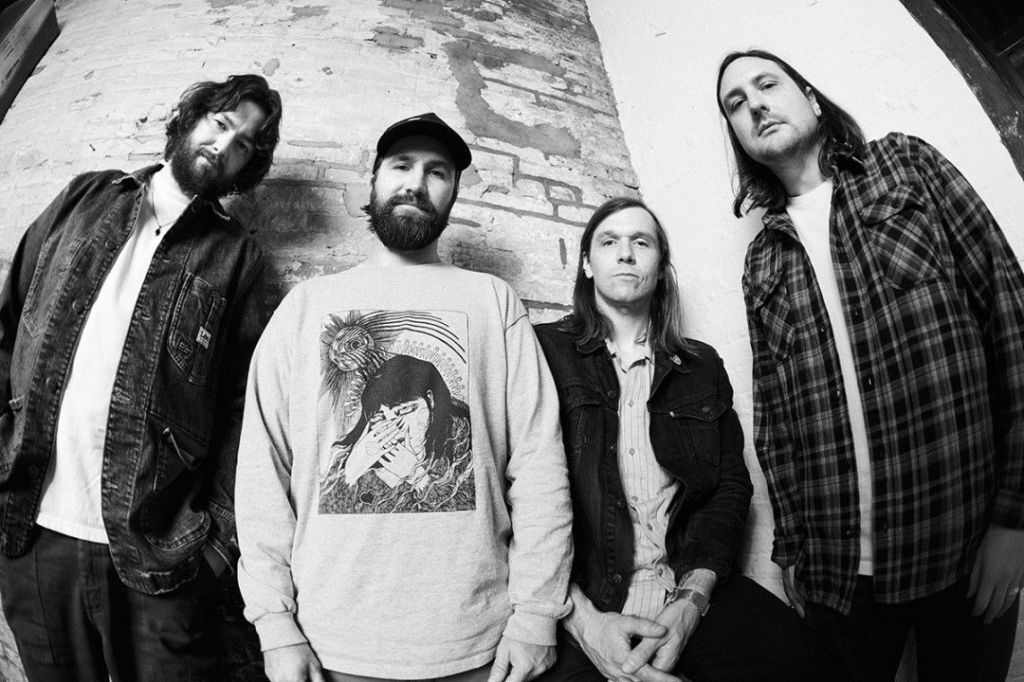Portrait by Cornelie Tollens
Vice: How did you discover the topic of your novel,
The Travelling Merchant of the Dutch Cocaine Factory?
Conny Braam:
I read about the factory in your book. It was new for me that Holland produced cocaine at some point.
So cocaine was systematically tested on soldiers?
Die psychologische Wirkung und Bedeutung des Cocain
Right.
Nope.
How did that quest go? Was it full-time?
So where did you look?
Why was that?
That’s fast. What did you find out after that?
I read in your book that those pills were called Forced March. What’s in a name?
Like the way they advertise energy drinks nowadays.
Why not?
Oh?
That’s funny.
But that’s not something that’s reflected in the movies or in general knowledge about the Great War. I think of cold soldiers who are out of tobacco, not of drugged privates.
Jesus. Was cocaine still sold in shops at that time?
And then there was this flu.
Hmm.
Until when was the factory operational?
Yeah, a real clear conscience.
What did he tell you about that period?
But he didn’t see it as something bad back then.
There weren’t any marketing boys back then.
And Holland made money of off that problem.
In the same way the sale of morphine is regulated right now?
That’s not something you see in the mainstream news very often.
Like any famous athlete who got caught doping?
In Bosnia?
Then he told you about his experience.
Which was?
Before our conversation I’d never heard about coke pills. Well, the stuff is used in many different ways. People inject it and snort it as well. Sherlock Holmes injected it. “The needle, Watson!” he called out when he was dealing with a tough problem. Watson would protest, but it was supposed to be good for the brain. Freud used coke as well. He wrote Uber Coka, a very positive book about cocaine. But he warned about it later on.
Your book is about this fictive character Lucien, the traveling merchant of the Dutch Cocaine Factory. In his desire to buy a Harley Davidson, he sold large quantities of coke to both sides of the struggling factions, making himself and the factory he works for partly responsible for making the war last longer. Why did you decide to tell the story of the Factory and the role the Dutch played in World War I in this way?
Why?
Which is a better way to relay the message you’re telling.
Where did the Netherlands get the resources to create their cocaine? The coca leaves, from which the coke was extracted, came from coca bushes from Bolivia and Peru. But because it was such a popular product in the 19th century, one of those bushes was brought to Java, to the botanical garden. Then they started experimenting with it, and apparently, the coca bush did really well on Java. After that, they laid down plantations. That’s how the famous Java cocaine came to be. It was of far better quality than the South American variant. The Bolivian and Peruvian markets were utterly destroyed. There was a coca leave auction in Amsterdam at that time.
And where was that?
Clever. But why does most coke come from South America right now and not from the east?
How do you think Holland is dealing with this specific history?
For instance?
But the Dutch government clearly distanced itself from Apartheid.
Thanks to the International Institute of Social History, Amsterdam for the pictures of the cocaine factory.



